Hiccups have puzzled doctors and scientists for years. While they typically last a few minutes, in rare cases like Charles Osborne's, they can persist for over six decades. Fortunately, science now offers a solution for these inconvenient spasms, marked by the unmistakable "hic" sound. Doctors reveal the secret lies in the breath.

Take the case of the chronic patient who visited Dr. Duane Hurst of Mayo Clinic. To calm down her hiccups, Hurst instructed her to take carefully measured breaths, reported The Guardian. The goal was to help her find a breathing pattern that would activate her rest-and-restore mode, rebalance her nervous system, and reduce stress. Remarkably, her hiccups stopped after just one session.

Dr. Ali Seifi, director of the Neuro-ICU and associate professor in the Department of Neurosurgery at the University of Texas Health Science Center at San Antonio, is a hiccup expert. He told CNN that holding your breath is an effective way to calm hiccups.

Here's how it works in three simple steps:
1. Take a deep breath while tilting the head back and holding it.
2. Breathe in as much as you can, gulp air, hold it, and breathe out until you can’t any longer.
3. Hold your breath and gulp when you feel a hiccup coming on.
“As silly as holding your breath or gulping down air may sound, these methods are scientific,” Seifi said. “Anything with intense breathing in, out, holding breath means the activity of diaphragm muscle, it means the activity of the phrenic nerve.”
“What we do know is that hiccups are sudden spasms of the diaphragm muscle near the stomach,” he added, “They send a message to your brain to close a flap in your throat again and again, hence the ‘hic’ sound.” The remaining “up” sound is produced from the release of pressure when the flap opens up, Dr. Mark Fox, a professor of gastroenterology at the University of Zurich in Switzerland told CNN.
Seifi and Fox also shared other quirky methods to stop these annoying and embarrassing spasms. These include sipping water while plugging your ears, eating a spoonful of sugar or peanut butter, and distracting yourself by thinking about cows. In 2020, Seifei even created a device that could stop hiccups in a moment. The device is akin to a “magic straw.” After one drinks water through this device called “HiccAway,” the hiccups come to an end.

Speaking to The Atlantic about the mystery of hiccups, Seifi said hiccups "can have different frequencies, but 10 times per minute is most common. I don't know how God created that, but most of the time they’re equally spaced."

Rob Dunn, on the other side, believed that hiccups stem from the evolutionary history of human bodies. "The first air-breathing fish and amphibians extracted oxygen using gills when in the water and primitive lungs when on land and to do so, they had to be able to close the glottis, or entryway to the lungs, when underwater. Importantly, the entryway (or glottis) to the lungs could be closed. When underwater, the animals pushed water past their gills while simultaneously pushing the glottis down. We descendants of these animals were left with vestiges of their history, including the hiccup. In hiccupping, we use ancient muscles to quickly close the glottis while sucking in (albeit air, not water)."

















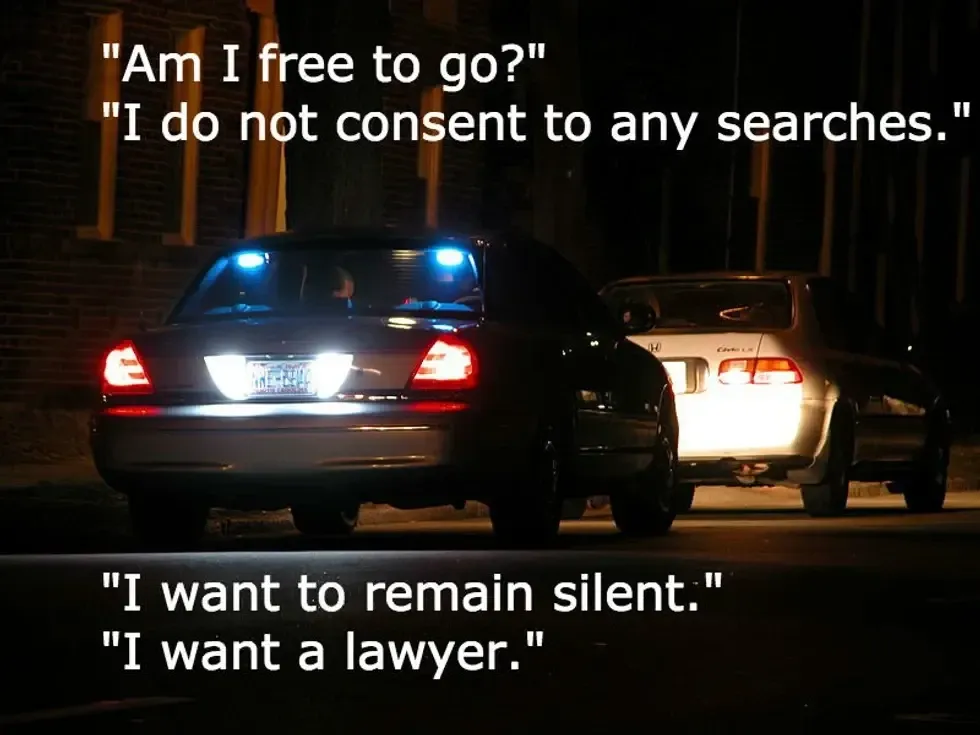 Image by Ildar Sajdejev via GNU Free License | Know your rights.
Image by Ildar Sajdejev via GNU Free License | Know your rights.


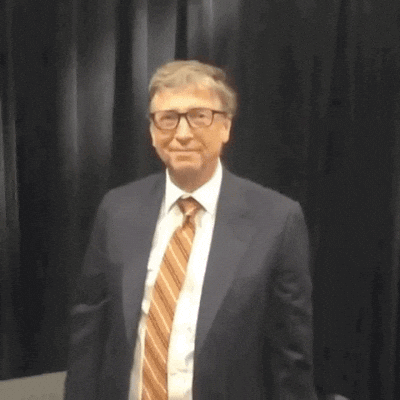 Bill Gates Swag GIF
Bill Gates Swag GIF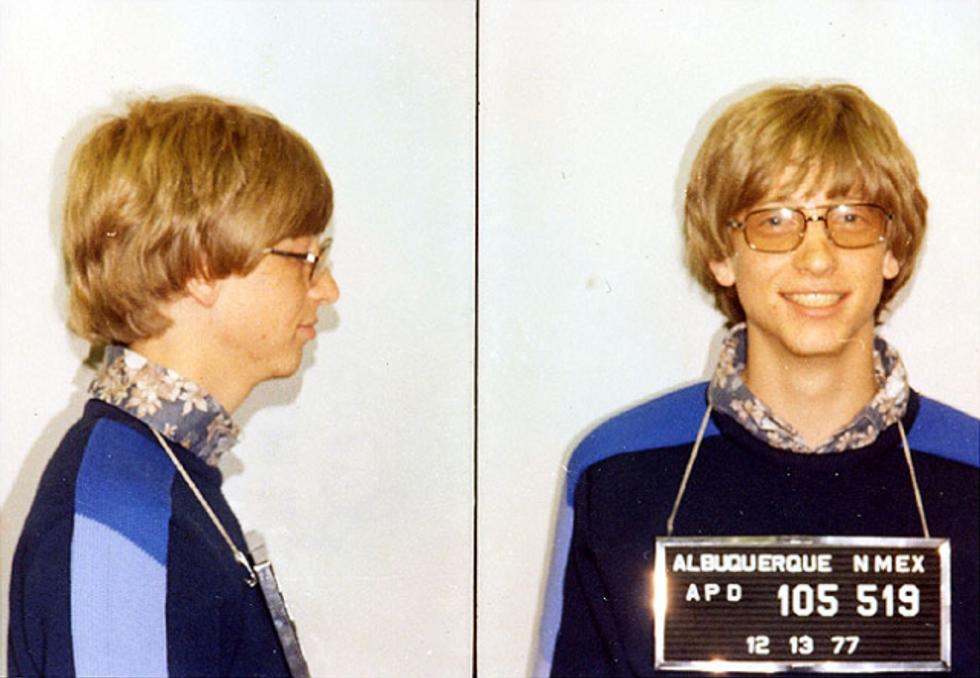 File:Bill Gates mugshot.png - Wikipedia
File:Bill Gates mugshot.png - Wikipedia
 Representative Image Source: Pexels| Enzo Varsi
Representative Image Source: Pexels| Enzo Varsi Representative Image Source: Pexels| Markus Spiske
Representative Image Source: Pexels| Markus Spiske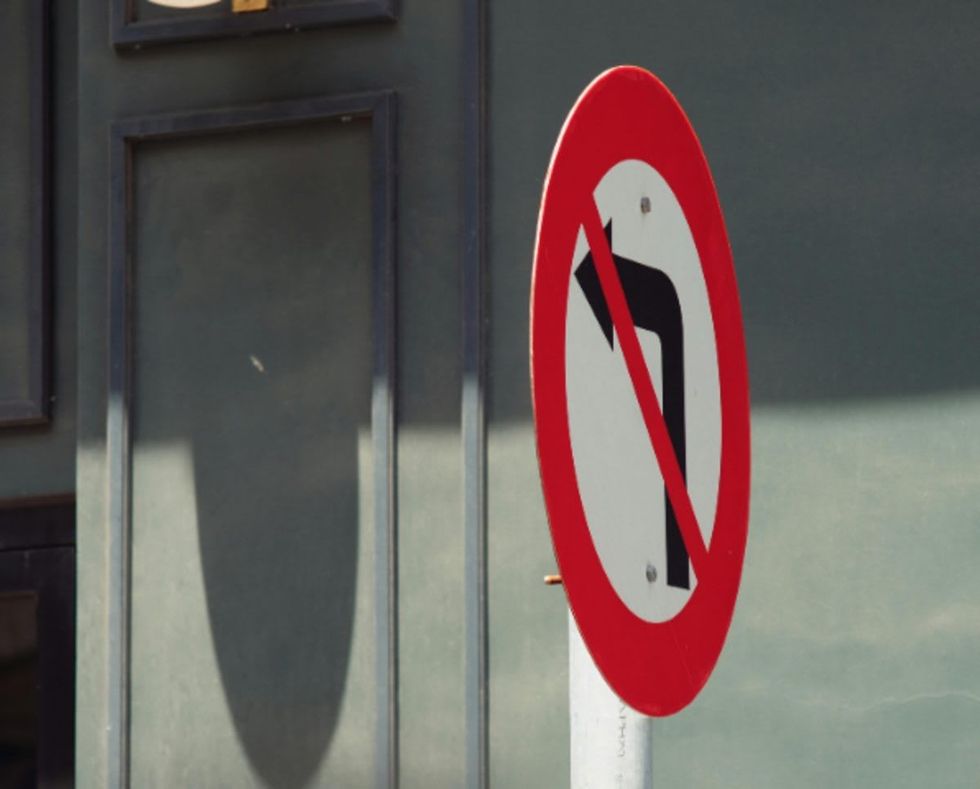 Representative Image Source: Pexels| Nguyen Huy
Representative Image Source: Pexels| Nguyen Huy Representative Image Source: Pexels| Ana Benet
Representative Image Source: Pexels| Ana Benet
 Representative Image Source: Pexels | Anastasia Shuraeva
Representative Image Source: Pexels | Anastasia Shuraeva Representative Image Source: Pexels | Liza Summer
Representative Image Source: Pexels | Liza Summer Representative Image Source: Pexels | Yankrukov
Representative Image Source: Pexels | Yankrukov Representative Image Source: Pexels | Shkrabaanthony
Representative Image Source: Pexels | Shkrabaanthony Image Source: TikTok |
Image Source: TikTok |  Image Source: TikTok |
Image Source: TikTok | 
 Woman standing in tree pose on edge of infinity pool (Representative Image Source: Getty Images | PhotoAlto/Sigrid Olsson)
Woman standing in tree pose on edge of infinity pool (Representative Image Source: Getty Images | PhotoAlto/Sigrid Olsson) Five adults practicing yoga, standing on one leg (Representative Image Source: Getty Images | Thomas Northcut)
Five adults practicing yoga, standing on one leg (Representative Image Source: Getty Images | Thomas Northcut) Elderly couple doing calf stretches in a park (Representative Image Source: Getty Images | RGStudio)
Elderly couple doing calf stretches in a park (Representative Image Source: Getty Images | RGStudio)
 Representative Image Source: Pexels | Rene Terp
Representative Image Source: Pexels | Rene Terp Image Source: Instagram |
Image Source: Instagram |  Image Source: Instagram |
Image Source: Instagram | 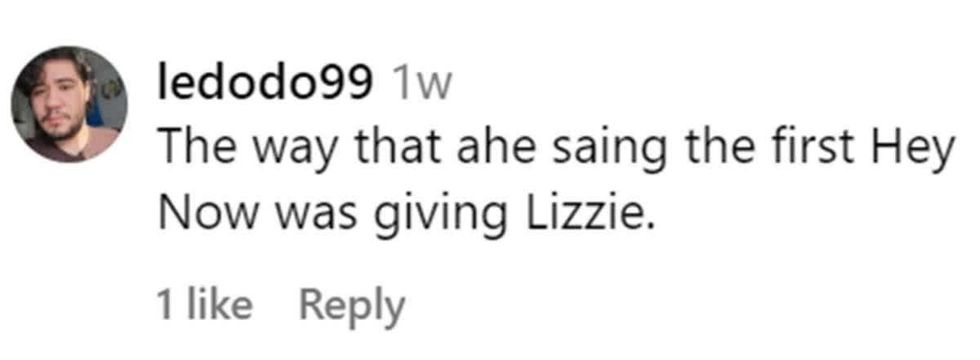 Image Source: Instagram |
Image Source: Instagram |  Image Source: Instagram |
Image Source: Instagram |